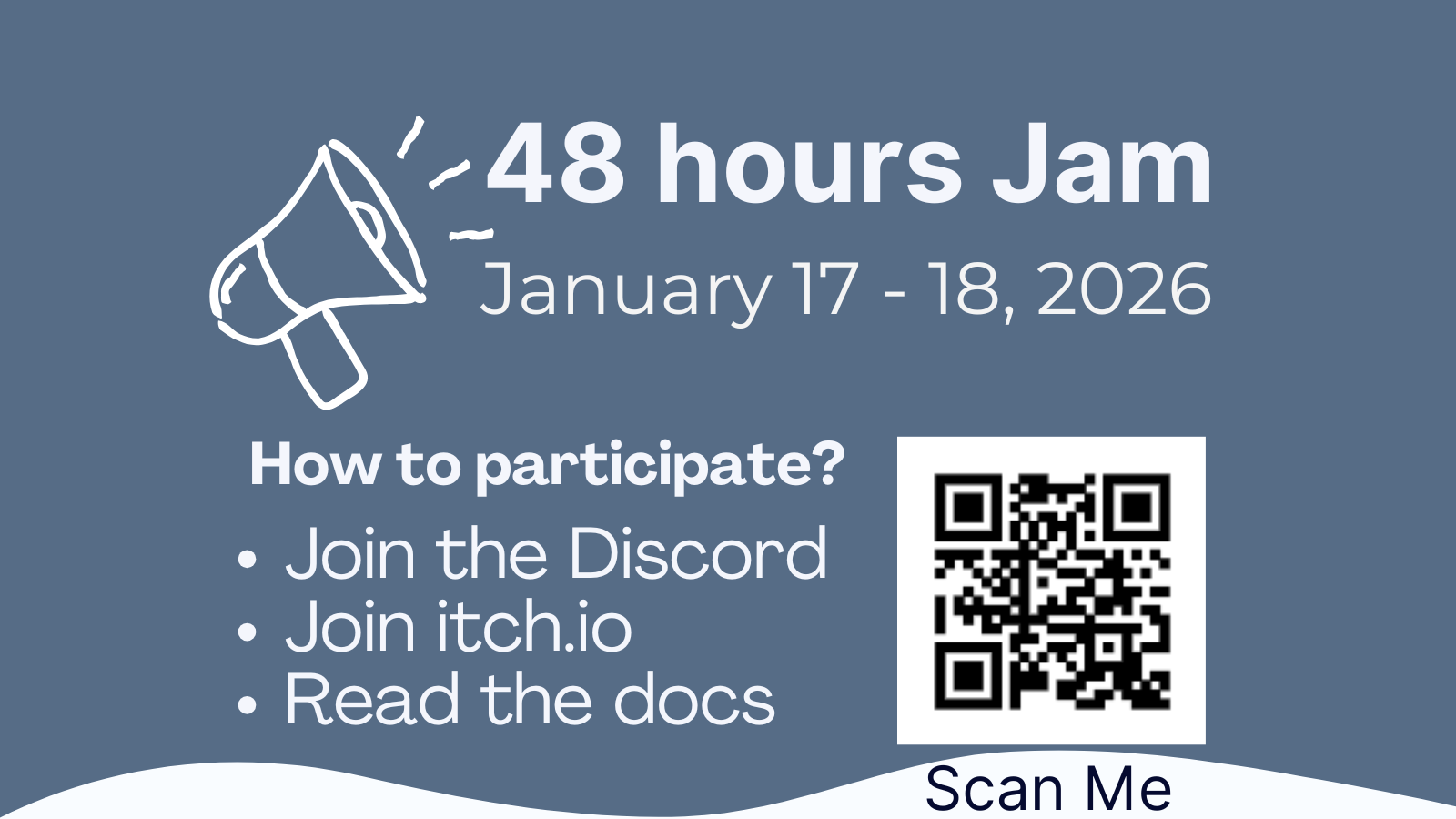so one of my big goals for Exigy - my graphical IDE and software development toolkit for lua/love2d - was integrating networking
i've never written a line of networking code in my life until two weeks ago. learning network code necessitated writing Events-driven code, which was mostly new to me too.
i needed some kind of 2d game to test out the network code, so i spent a couple of days hacking together a mini Lunatic Fringe game, if you remember this old classic After Dark module.
for the first time since i was in high school 30 years ago, i had to re-learn trigonometric theory. just making that little ship turn and thrust in the right direction took me WAY longer than i'm comfortable admitting to 😬
these two lines should probably be tattooed to my forehead:
xPositionIncrement = -cos(shipAngle)
yPositionIncrement = sin(-shipAngle)
so as of today, Exigy now has server-client networking over UDP. 🤞 i'll be able to get a dollar store quality Lunatic Fringe server up and running in the next few days to test out the networking code










